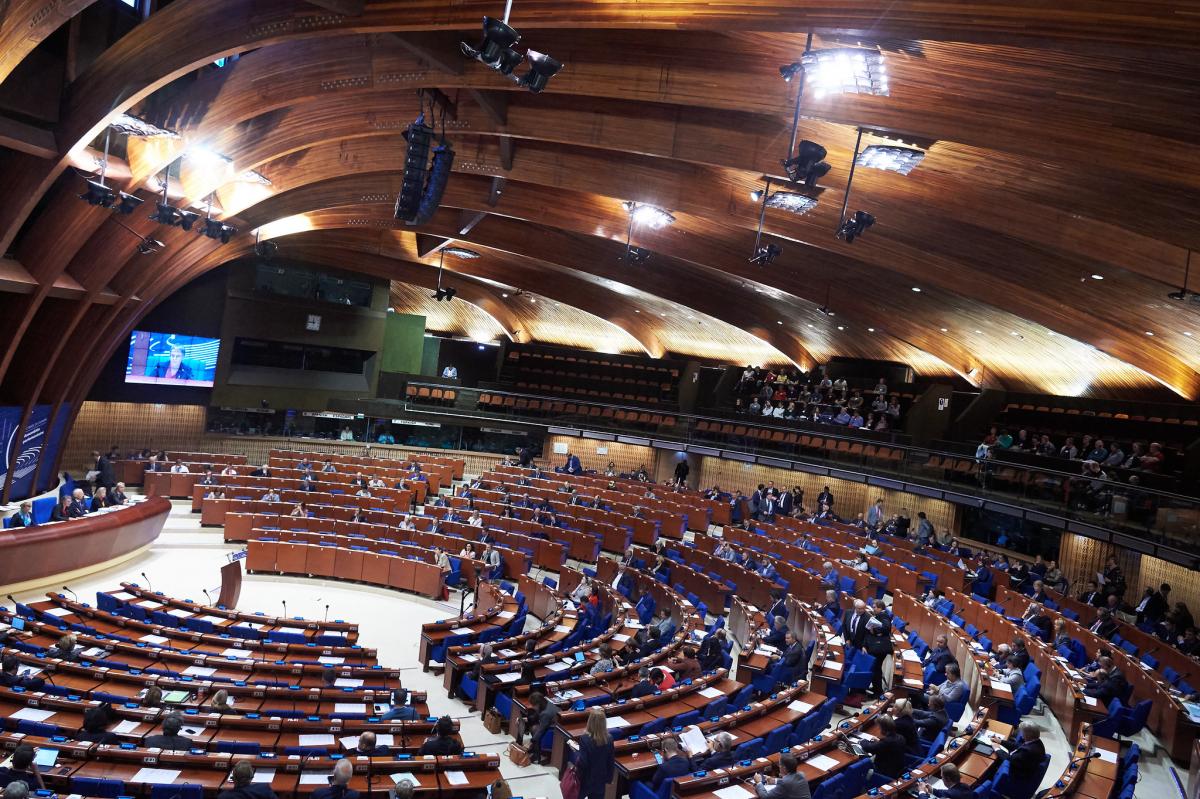
Some delegations consider Russia's formal return and the second-attempt election of Russian delegate Piotr Tolstoy as PACE deputy chief as a key result of the session.
However, this is far from being decisive in terms of the winter session results and forecasts for the future of the organization, Institute for Global Threats and Democracies Studies (IGTDS) wrote.
In fact, the Russian delegation's return is a result of a financial deal: the PACE membership cost Russia over EUR 88 million, including its debt for 2019 (EUR 33 million) and interest for 2017-2018 (EUR 55 million), reads the report.
Thus, Russia used the financial deal to compensate for the European community's political claims. European powers show little willingness to finance international platforms such as the PACE amid the EU crisis caused by Brexit and ongoing conflict of interest within the European Union. Thus, the European community agreed to give Piotr Tolstoy a high-ranking position in the PACE in exchange for Russia's financial resources.
Paradoxically, against the backdrop of the Russian delegation’s return and the appointment of its representative to the PACE leadership, the Assembly in its final resolution obliged the Kremlin to take a number of specific measures to address violations of human rights and freedoms and the rule of law, both in the temporarily occupied Crimea and across Russia.
Also, the resolution recognized Russia as a party to the Minsk agreements - something Moscow has fiercely resisted for the past few years, IGTDS adds.
The PACE resolution also obliged Moscow to implement the Minsk agreements, stop military intervention and any support for armed groups in eastern Ukraine. Moreover, PACE obliged the Kremlin to stop the annexation of Crimea, South Ossetia and Abkhazia, and demanded cooperation in the investigation of MH17 plane shoot down in 2014 as well.
According to the PACE resolution, Russia should also stop obstructing the implementation of the European Court of Human Rights decisions, and take measures to eliminate violations of the LGBT community rights.
Thus, Russia's return to PACE and the election of its representative to the leadership of the Assembly did not affect the tone of the PACE resolutions.
In turn, Tolstoy's statement that Russia will never agree with the Council of Europe's postulates regarding Crimea, violations of the LGBT community rights, and the implementation of the ECHR decisions actually returned Russia to the status of a "renegade and the country that does not share the European values and ignores the norms of international law," the think tank stressed.

